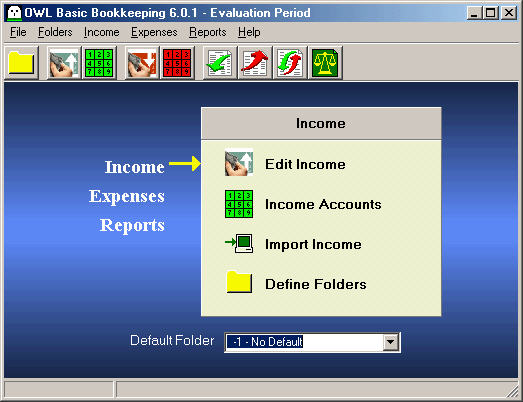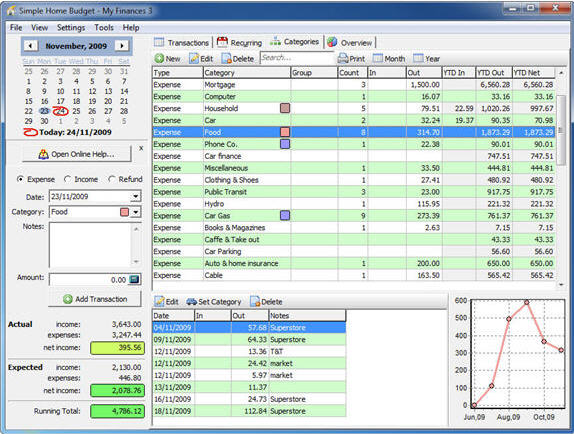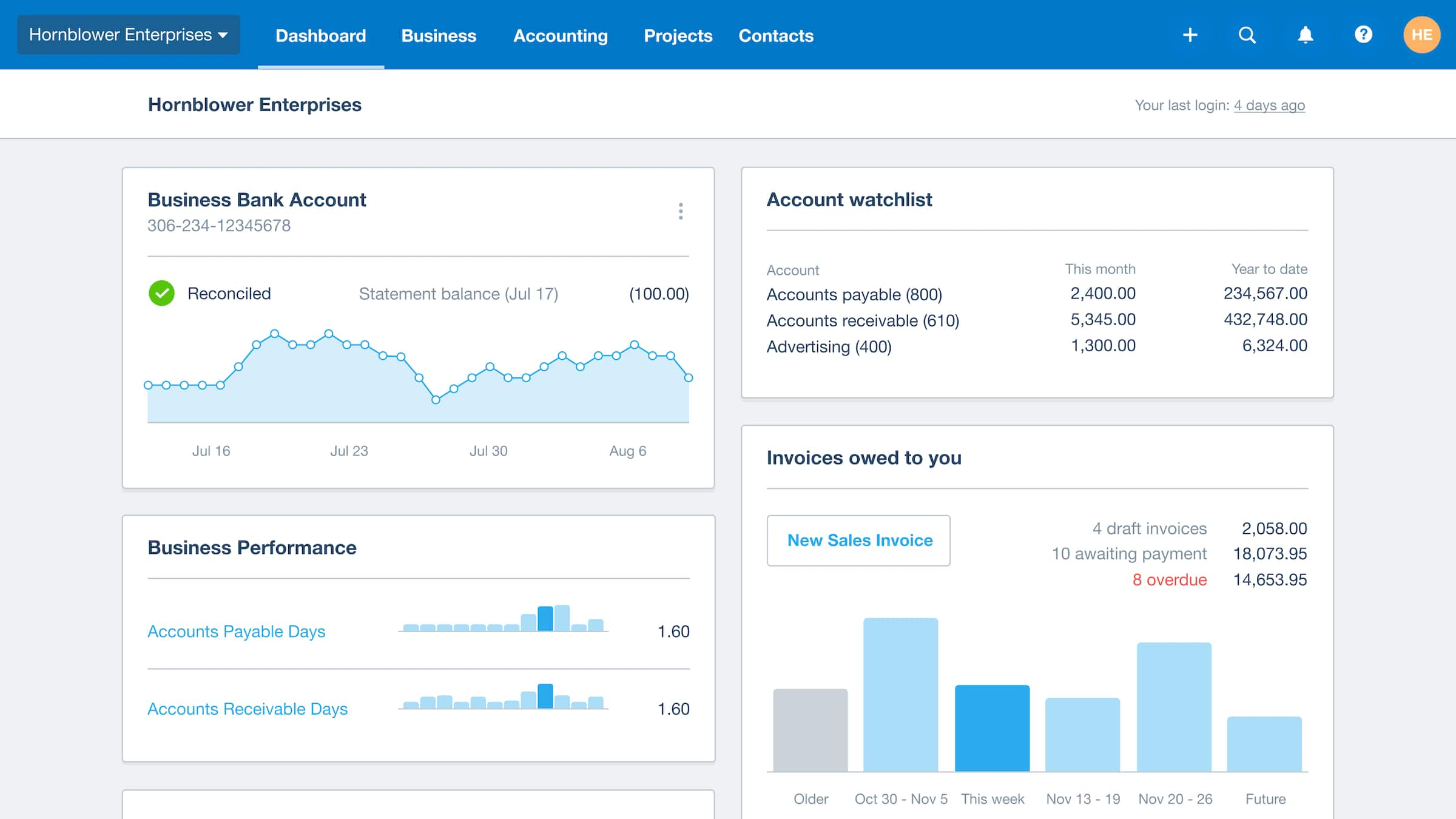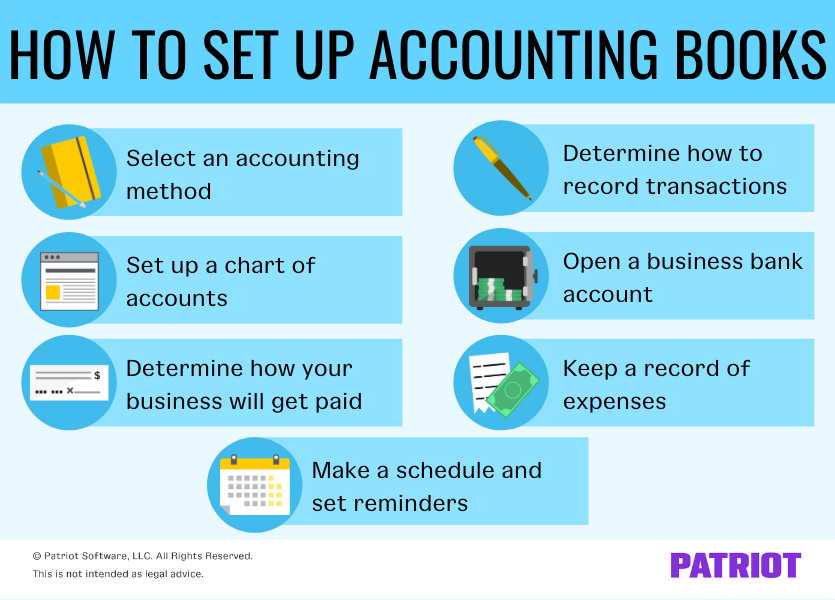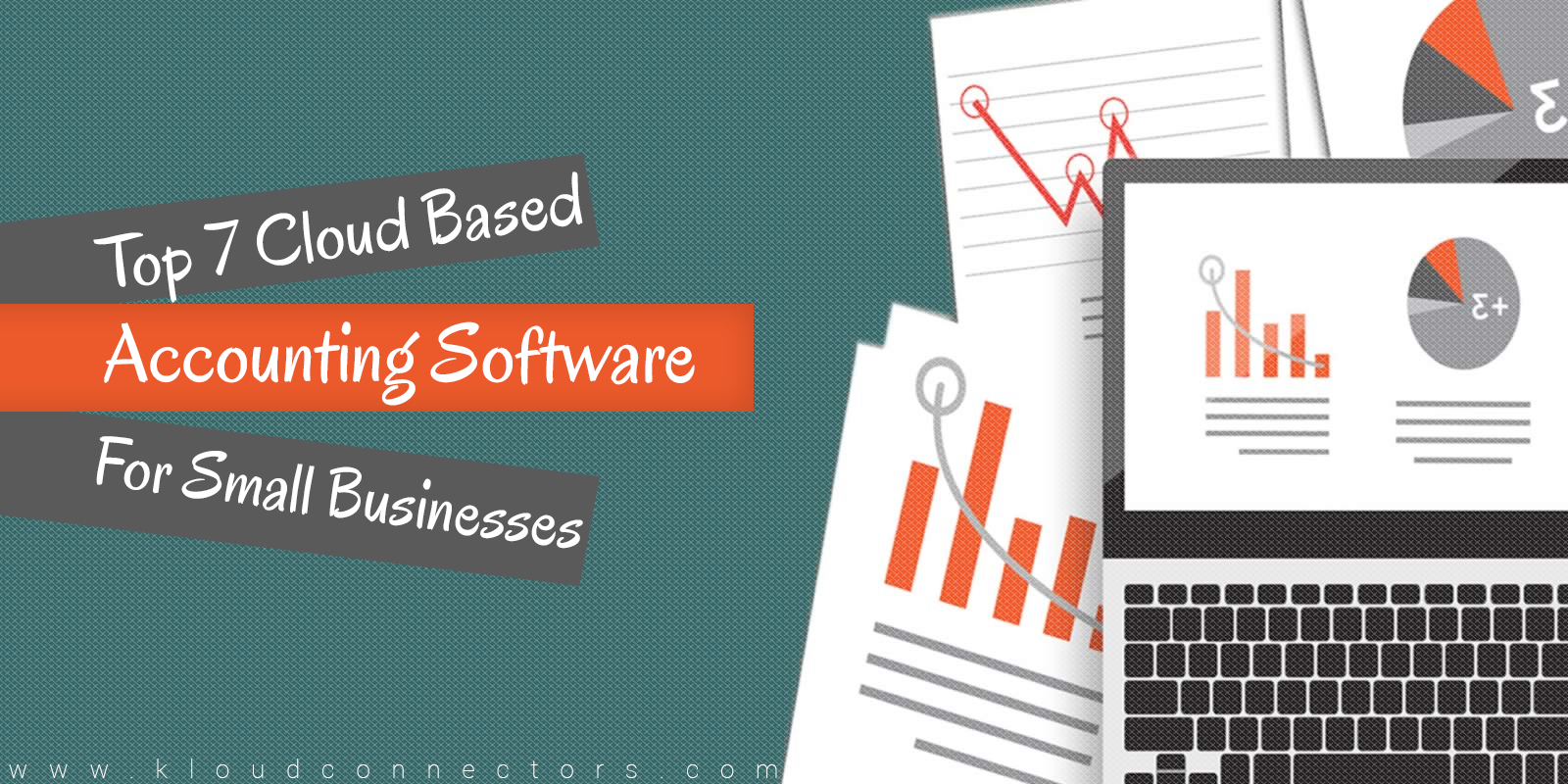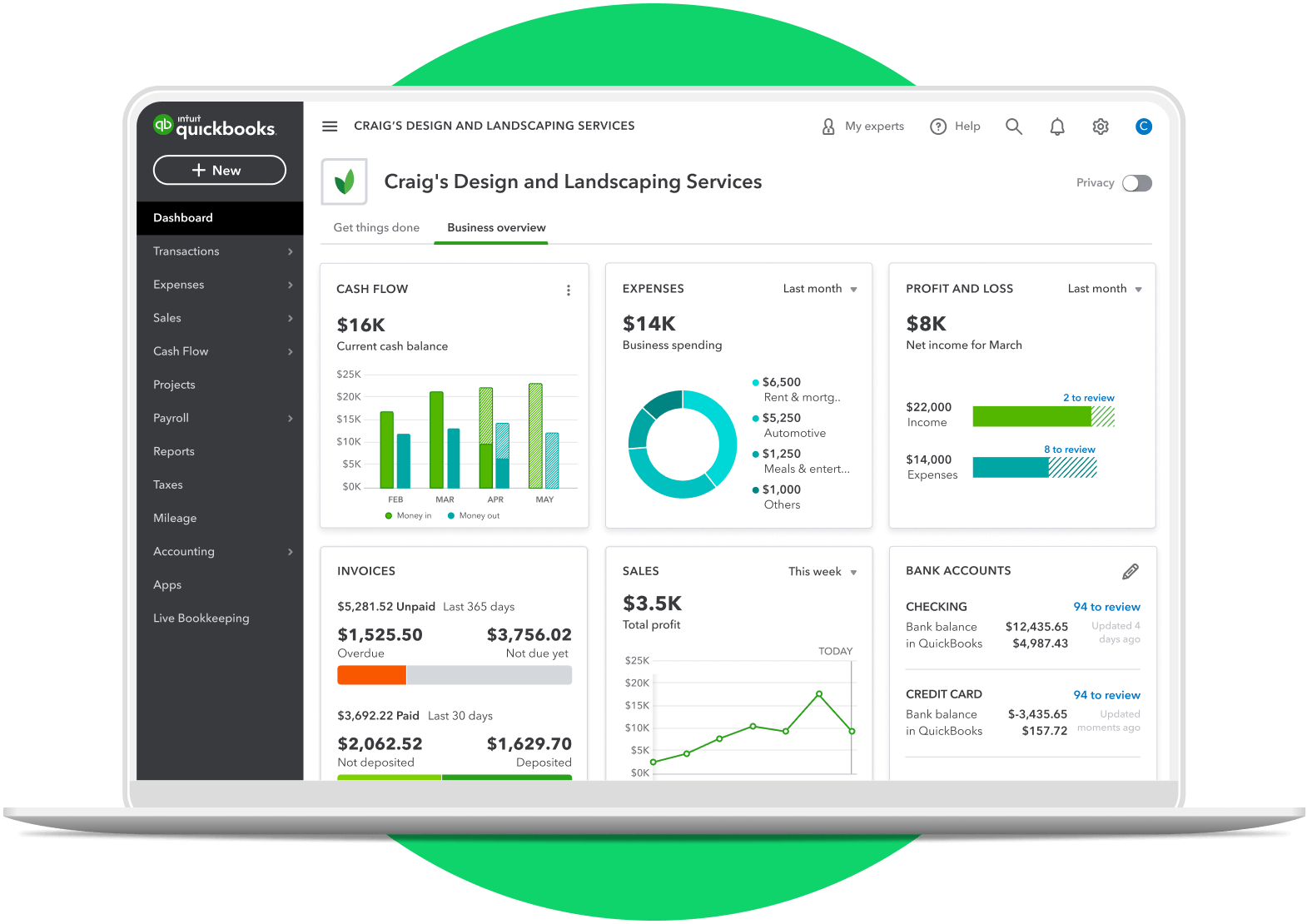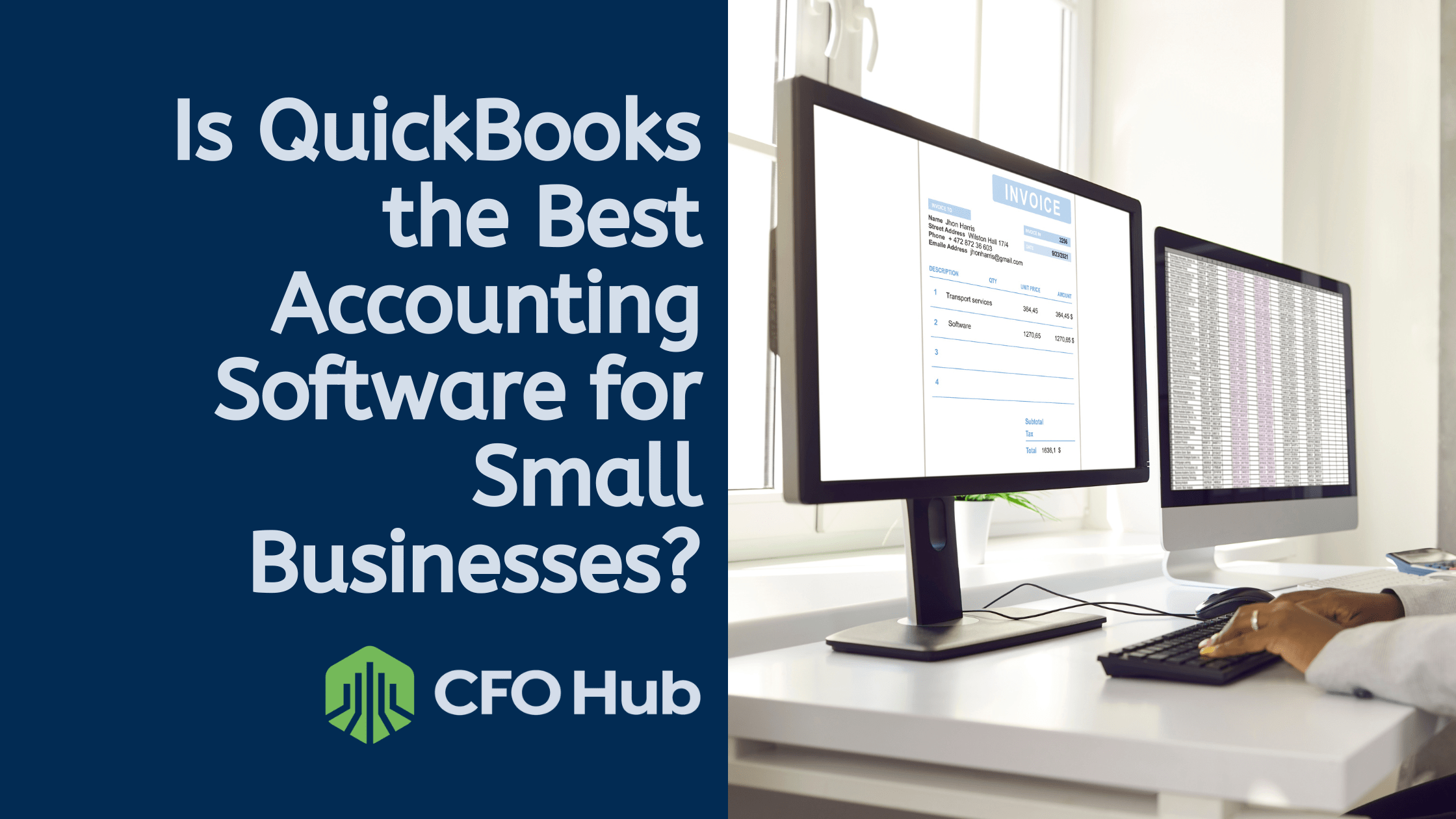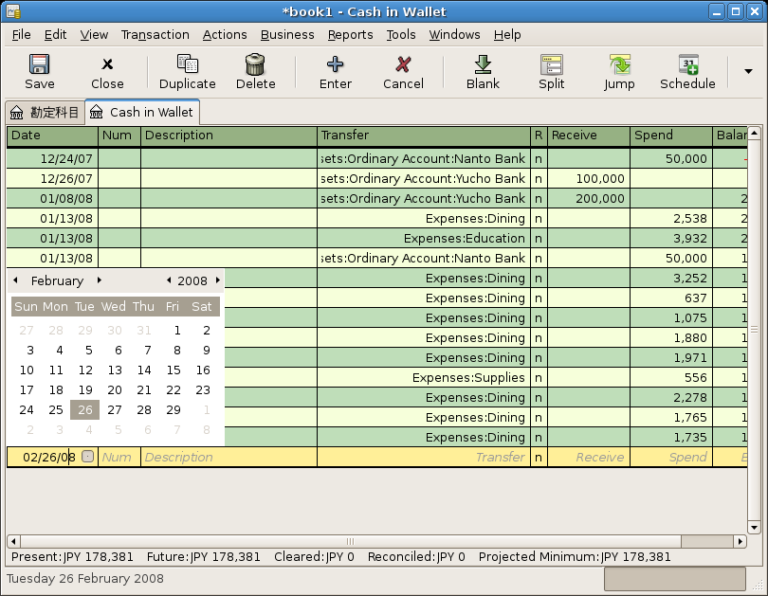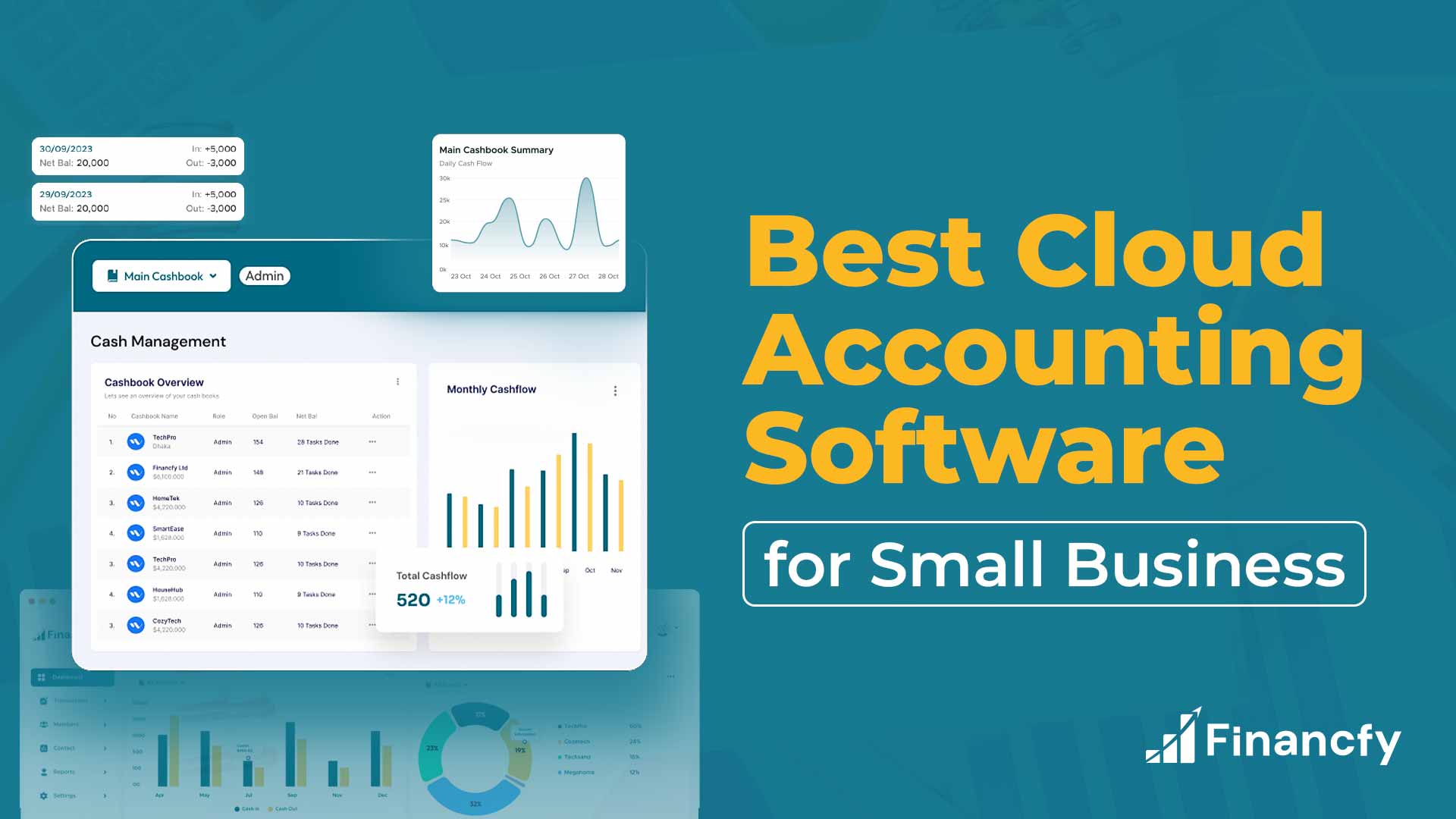Basic Accounting Software For Home Business

For many home business owners, managing finances can be a daunting task, often requiring a delicate balance between passion and practical accounting. Fortunately, accessible and affordable basic accounting software is leveling the playing field, empowering entrepreneurs to take control of their financial health without needing a degree in accounting.
The increasing availability of user-friendly software simplifies tasks such as tracking income and expenses, generating invoices, and managing cash flow. This article explores the rise of basic accounting software for home businesses, examining its key features, benefits, and the potential impact on small-scale entrepreneurship.
The Rise of DIY Finance
The shift towards basic accounting software reflects a broader trend of self-sufficiency among home business owners. These platforms offer a streamlined alternative to traditional spreadsheets or hiring a dedicated bookkeeper, especially in the early stages of a business. The affordability and ease of use of these software solutions are key drivers of their popularity.
According to a recent report by Small Business Trends, nearly 60% of small businesses now utilize some form of accounting software. This statistic highlights the growing reliance on technology to manage finances effectively.
Key Features and Benefits
Basic accounting software packages typically offer a range of essential features. These include income and expense tracking, invoice generation and management, bank reconciliation, and basic reporting capabilities. Many platforms also integrate with other business tools, such as e-commerce platforms and payment processors.
Ease of use is a critical factor for home business owners with limited accounting experience. Software developers are increasingly focusing on intuitive interfaces and user-friendly dashboards. This allows users to easily navigate the software and quickly access the information they need.
Furthermore, these platforms often offer automated features, such as automatic bank feeds and expense categorization. This can save significant time and reduce the risk of errors.
Popular Software Options
Several software options cater specifically to the needs of home businesses. These include popular choices like QuickBooks Self-Employed, designed for freelancers and independent contractors, and Xero, offering a scalable solution for growing businesses. FreshBooks is another well-regarded option known for its intuitive interface and focus on invoice management.
The pricing models for these software packages vary. Many offer subscription-based plans, making them accessible even for businesses with tight budgets. Free trials are often available, allowing users to test the software before committing to a paid plan.
Choosing the right software depends on the specific needs of the business. Factors to consider include the size of the business, the complexity of its transactions, and the level of accounting expertise of the owner.
Impact on Home Businesses
The availability of basic accounting software has a significant impact on the success of home businesses. By providing accurate and timely financial information, these tools empower owners to make informed decisions about their business.
Better financial management can lead to improved cash flow, reduced tax liabilities, and increased profitability. Software can also help businesses comply with accounting regulations and avoid costly penalties.
Beyond the purely financial benefits, accounting software can also free up time for business owners to focus on other aspects of their business, such as marketing and customer service. This can lead to increased growth and overall business success.
“Using accounting software has been a game-changer for my Etsy shop,” says Sarah Miller, owner of a handmade jewelry business. “It’s so much easier to track my income and expenses now, and I feel much more confident about managing my finances.”
Looking Ahead
The trend towards basic accounting software for home businesses is likely to continue in the coming years. As technology advances, these platforms will become even more sophisticated and user-friendly.
Expect to see greater integration with other business tools, such as CRM systems and project management software. This will provide a more holistic view of business operations and further streamline financial management.
With the right tools and knowledge, anyone can take control of their finances and build a thriving home business. Basic accounting software is a powerful tool in achieving that goal.

